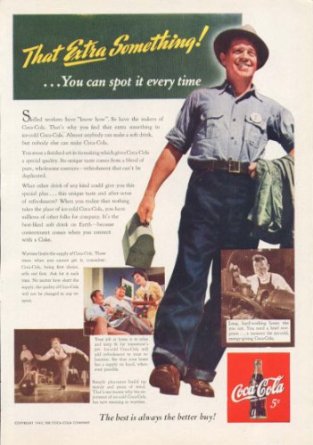By: Chris Warren
On the way in from work I stopped my motorcycle at the mailbox to grab whatever crap the Postal Service is supporting itself with these days. At least 90% of the mail I get I would not know the difference if it never arrived. The other 10% is a bill or something that will evolve into a lot of hassles if I blow it off. The mail seldom brings lasting gratitude; today was the rare exception.
Mixed into this otherwise typically disappointing delivery was a small envelope. I knew right away what it was. My “adopted” nephew James, whom I have written about before in this blog, sent a thank you card for the high school graduation gift I gave him. I was getting a good vibe before I even opened it. I really care about this kid and since he was born I have not passed on a chance to let him know it.
Let’s be honest: When it comes to gratitude, we can’t expect too much from guys his age. It’s just part of being eighteen. It’s not an excuse or a defense; I’m only saying that I understand the mindset. Back in my young days I wasn’t exactly gushing with appreciation for all the things my elders did for me either. That I received an actual physical card at all puts James well ahead of my formerly adolescent self.
James fulfilled his portion of a basic personal courtesy. Had it ended there I would have been completely satisfied, but he also included a lengthy handwritten note of gratitude to me for always being there for him. He filled up almost the whole inside of the small card telling me how cool I was and how much I meant to him. I always knew he respected and looked up to me but had never seen it in his own words; moments like this are my reward for giving a damn.
People who are true of heart do not do nice things for others with the expectation of bringing attention to themselves. In other words, if all you’re looking for is adulation for a good deed, then maybe you are doing the good deed for the wrong reasons. At the same time, no one wants to go totally unnoticed either.
Gratitude is the mechanism used to resolve this conflict. Most people expect to be thanked as a matter of social convention. I don’t see it that way and I know I’m in the minority. Gifts and favors are (supposed to be) a freewill gesture, so too is being grateful for them. I’ll thank those who are good to me but I’m not offended when someone does not send a written thank you for something I’ve done for them, even though I’m extra happy when they do. I already have the warm feeling of knowing I did a good deed. Anything beyond that is a bonus. Being kind to others has no net negative.
That brings me back to the simple lesson in James’ card. My thank you is knowing I played a small part in helping him become an amazing person. His putting it in writing was the bonus. I’m going to keep that card always because it reflects the sentiments of a young kid who thinks of me as a favorite uncle. I didn’t need to be told where I stand with James, nor did he need to say anything out of some concern that I was unaware of what he thought about me. The beauty of this transaction is that gratitude turns a good deed into a two way street, and that’s more than good enough for me.


